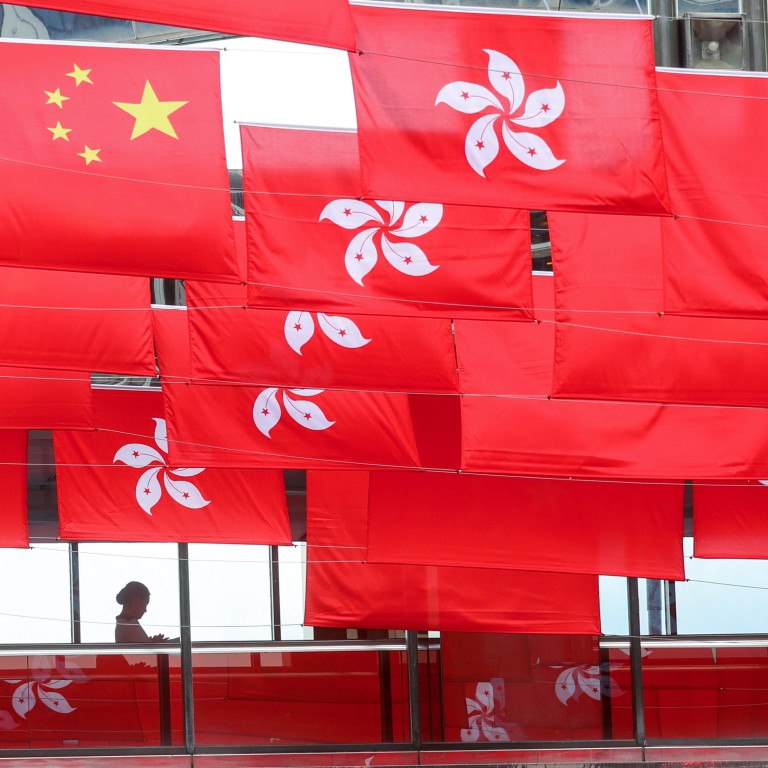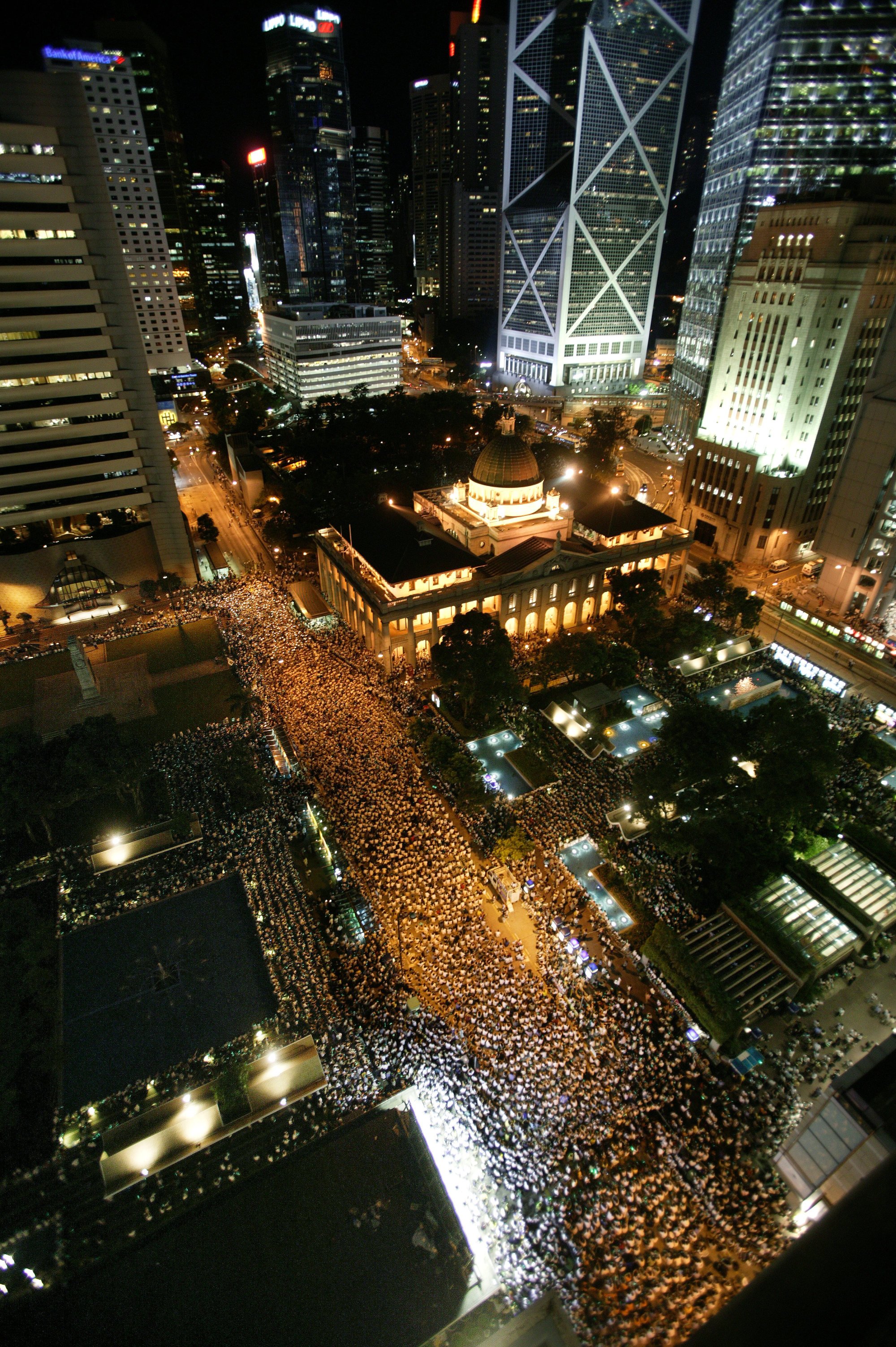
Hong Kong’s Article 23 national security law to define state secrets according to city’s needs, minister says
- Administration to take reference from other countries and mainland China but use definition that reflects local situation, Secretary for Security Chris Tang says
- Beijing on Wednesday revealed expansions to country’s Law on Guarding State Secrets
National security legislation planned for Hong Kong will define state secrets according to local needs, the security chief has said, two days after Beijing announced it will make the biggest revision to the corresponding law in mainland China in a decade.
Lawmakers are expected to take up the legislation, first proposed two decades ago, either this year or in 2024, according to a timeline that city leader John Lee Ka-chiu confirmed in this week’s policy address.
When asked whether Hong Kong would follow the mainland’s definition of state secrets during the drafting stage, Secretary for Security Chris Tang Ping-keung said the city government would tailor its law to suit local conditions.
“On the definition of state secrets, of course we would look at Hong Kong’s situation, but also reference definitions from laws in other countries, as well as that in mainland laws,” Tang said. “We have to observe Hong Kong’s actual situation to establish a definition.”

Beijing revealed expansions to the country’s Law on Guarding State Secrets on Wednesday, extending the depth and reach of its coverage across education, technology, the internet and the military, among other areas.
The planned changes, which would be the biggest to the law in a decade, have raised concerns among foreign businessmen over what will constitute state secrets.
The amendments included a clause that would prohibit state employees who had access to classified information from travelling overseas without prior approval, even after they leave the job or retire. The time period for that prohibition has not been revealed.
The mainland law does not currently define who is considered an employee with access to state secrets.
American firms not leaving Hong Kong, but worries persist: top US envoy in city
The amendments were expected to be passed by the National People’s Congress, the top legislature on the mainland, after a second reading, which is expected to happen soon.
Ip was security chief when the administration first tried to pass Article 23 legislation in 2003, but was forced to shelve the draft after more than 500,000 people took to the streets to vent their opposition on July 1, the anniversary of the city’s transfer from British to Chinese rule.

Reiterating city leader Lee’s promise in the policy address, Tang said his bureau would finish work on the legislation by the end of next year, emphasising that it would only target a small proportion of the population.
According to the security chief, the legislation would be different from the 2003 draft, as the risks the city faced had changed in recent years.
“Our laws must be able to face past risks, especially like those in the black violence seen in 2019,” Tang said, referring to the months-long anti-government protests.
Three offences in the current national security law would duplicate charges covered under Article 23 – secession, subversion against the central government and collusion with a foreign country or with external elements to endanger national security.
National security: what is Article 23 and why is it back in the spotlight?
The existing national security law also outlaws terrorist activities in the city.
When asked how the new law under Article 23 would affect regulation and sentencing guidelines for crimes also covered in other existing laws, Tang said: “Existing laws do not suffice to target previous risk, as well as some future risks, hence we need to evaluate these laws in order to bolster their effectiveness in tackling these risks.”
Each tutor would be expected to teach 30 students, picked from youth leaders or public organisations, as Tang estimated at least 78,000 residents in the programme.

